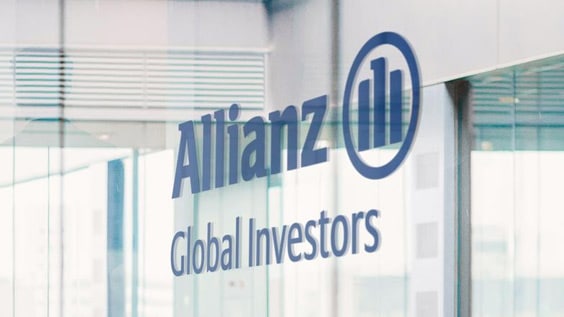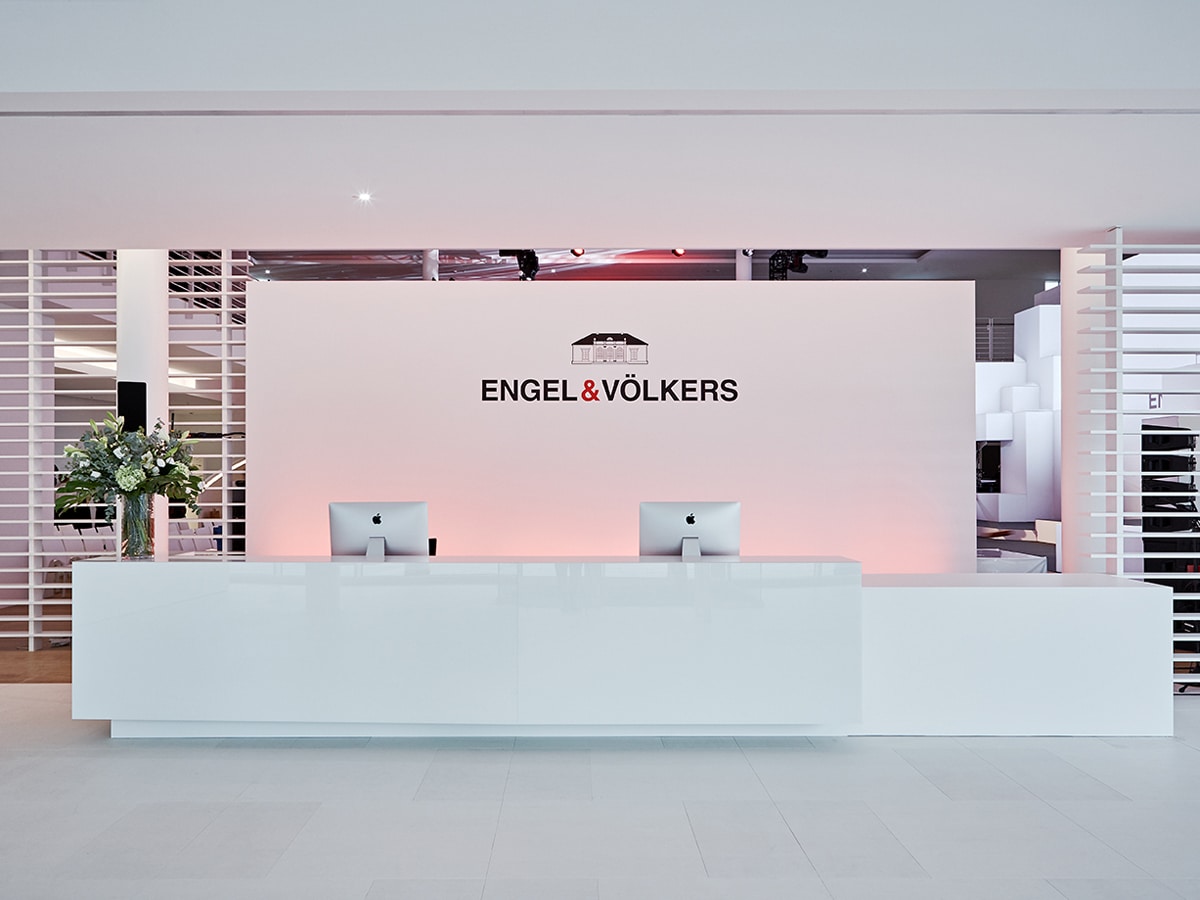The competition for leadership in public cloud computing is a fierce three-way race between; Amazon Web Services (AWS), Microsoft Azure and Google Cloud Platform (GCP). Clearly, for infrastructure as a service (IaaS) and platform as a service (PaaS), all three platforms (AWS, Azure and GCP) hold a commanding position among the many cloud companies.
To help you decide which platform might work best for you we’ve compared and summarised the key differences between AWS, Azure and Google.
Amazon Web Services – With a vast toolset that continues to grow exponentially, Amazon’s capabilities are unmatched. Yet its cost structure can be confusing, and its singular focus on public cloud rather than hybrid cloud or private cloud means that interoperating with your data centre isn’t AWS’s top priority.
Microsoft Azure – Azure has an exceptionally capable cloud infrastructure. If you’re an enterprise customer, Azure speaks your language – few companies have the enterprise background (and Windows support) as Microsoft. Azure knows you still run a data centre, and the platform works hard to interoperate with data centres. Hybrid cloud is a true strength!
Google Cloud – A well-funded underdog in the competition, Google entered the cloud market later and doesn’t have the enterprise focus that helps draw corporate customers. However, its technical expertise is profound, and its industry-leading tools in deep learning and artificial intelligence, machine learning and data analytics are significant advantages.
Pros and cons
AWS
Pros: Amazon’s biggest strength is its dominance of the public cloud market. In its Magic Quadrant for Cloud Infrastructure as a Service, Worldwide, Gartner noted, “AWS has been the market share leader in cloud IaaS for over 10 years.” Part of the reason for its popularity is undoubtedly the massive scope of its operations.
AWS has a huge and growing array of available services, as well as the most comprehensive network of worldwide data centres. The Gartner report summed it up, saying, “AWS is the most mature, enterprise-ready provider, with the deepest capabilities for governing a large number of users and resources.”
Cons: Amazon’s big weakness relates to cost. While AWS regularly lowers its prices, many enterprises find it difficult to understand the company’s cost structure and to manage those costs effectively when running a high volume of workloads on the service.
Microsoft Azure
Pros: Microsoft came late to the cloud market but gave itself a jump start by essentially taking its on-premises software – Windows Server, Office, SQL Server, SharePoint, Dynamics Active Directory, .Net, and others – and re-purposing it for the cloud.
A big reason for Azure’s success is due to so many enterprises deploying Windows and other Microsoft software. Azure is tightly integrated with these other applications, enterprises that use a lot of Microsoft software often find that it also makes sense for them to use Azure. Building loyalty for existing Microsoft customers.
An added bonus: if you are already an existing Microsoft enterprise customer, expect significant discounts on service contracts.
Cons: Gartner finds fault with some of the platform’s imperfections. “While Microsoft Azure is an enterprise-ready platform, Gartner clients report that the service experience feels less enterprise-ready than they expected, given Microsoft’s long history as an enterprise vendor,” it said. “Customers cite issues with technical support, documentation, training and breadth of the ISV partner ecosystem.”
Google Cloud Platform
Pros: Google has a strong offering in containers, since Google developed the Kubernetes standard that AWS and Azure now offer. GCP specialises in high compute offerings like Big Data, analytics and machine learning.
It also offers considerable scale and load balancing – Google knows data centres and fast response time.
Cons: On the downside, Google is a distant third in market share, perhaps because it doesn’t offer as many different services and features as AWS and Azure. It also doesn’t have as many global data centres as AWS or Azure, although it is quickly expanding.
Gartner said that GCP is considered a secondary provider, rather than a strategic primary partner, where most businesses would opt for AWS.
What’s best for you?
The AWS choice: You can’t go wrong with AWS due to its rich collection of tools and services and massive scale. The only reason not to choose Amazon is if you want a more personal relationship, something a small boutique shop can offer. At its size, it’s hard for Amazon to have a close relationship with every customer, but there are resellers and consultants who can offer that type of attentive focus.
The Azure choice: Microsoft’s greatest appeal is, of course, to Microsoft shops. All of your existing .Net code will work on Azure, your Server environment will connect to Azure, and you will find it easy to migrate on-premises apps.
Furthermore, Azure’s deep focus on the hybrid cloud will help you bridge the legacy data centre environment with the rapidly scalable (and feature rich) Microsoft cloud.
The Google choice: Google is growing quickly but is a work in progress. Naturally the search giant doesn’t have a legacy background in dealing with businesses. However, it is fully committed and has invested billions into its cloud efforts. It has partnered with Cisco, which does know the enterprise.
The people who should look at Google now are the ones who looked a year ago and didn’t like what they saw. They might be surprised. Google has built its cloud on its strength, which is scale and machine learning. it’s clearly worth a look.
So… which Cloud are you?
Are you a DevOps professional looking for your dream role? Speak with our specialist DevOps consultants to hear about the hottest DevOps jobs in the market.




